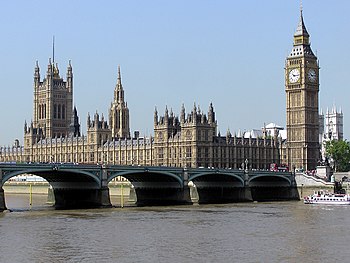 |
| The Transvaal War: General Sir George Colley at the Battle of Majuba Mountain Just Before He Was Killed. See File:Melton Prior - Illustrated London News - The Transvaal War - General Sir George Colley at the Battle of Majuba Mountain Just Before He Was Killed original.jpg for attached article. (Photo credit: Wikipedia) |
Some words/phrases can induce fairly specific responses in readers. As
writers, we all know this, but do we use the power of emotion in our work?
For these few weeks, I’m looking at something subjective: how to choose
between emotional and intellectual words for effect. You won’t always agree
with me, of course; you’re writers. But, hopefully, my suggestions will get the
thought processes going.
In this series I’m looking at the difference between words that seem
intellectual as opposed to those that evoke a more emotional response. How you
use them is obviously up to you. The point is that the alternatives have the
same, or very similar, meanings, but their effect upon the reader can be
markedly different. I’ve made some suggestions here, but I’m sure you can think
of others.
Intellectual: Assault
Emotional: Beat Up
The General ordered an assault on the hilltop gun emplacement, even
though it was so well defended that the mission was tantamount to suicide.
Even though the gang of extremists beat up their prisoner, he refused to
give them the satisfaction of displaying pain or fear.
Intellectual: Combat
Emotional: Fight
‘This combat mission will advance the battle in the east, men, so I want
you to give it your all.’
‘I’m not going to fight you, Jack. I’d lose and you’d be no wiser than
you are now.’
Intellectual: Youthful
Emotional: Young
‘Many of the troops we send to the front are youthful and lack
experience, making them easier to order into hopeless battle.’
‘Make ‘em young and I’ll give you a fighting force with the guts, passion
and bravado that only comes from inexperience.’









